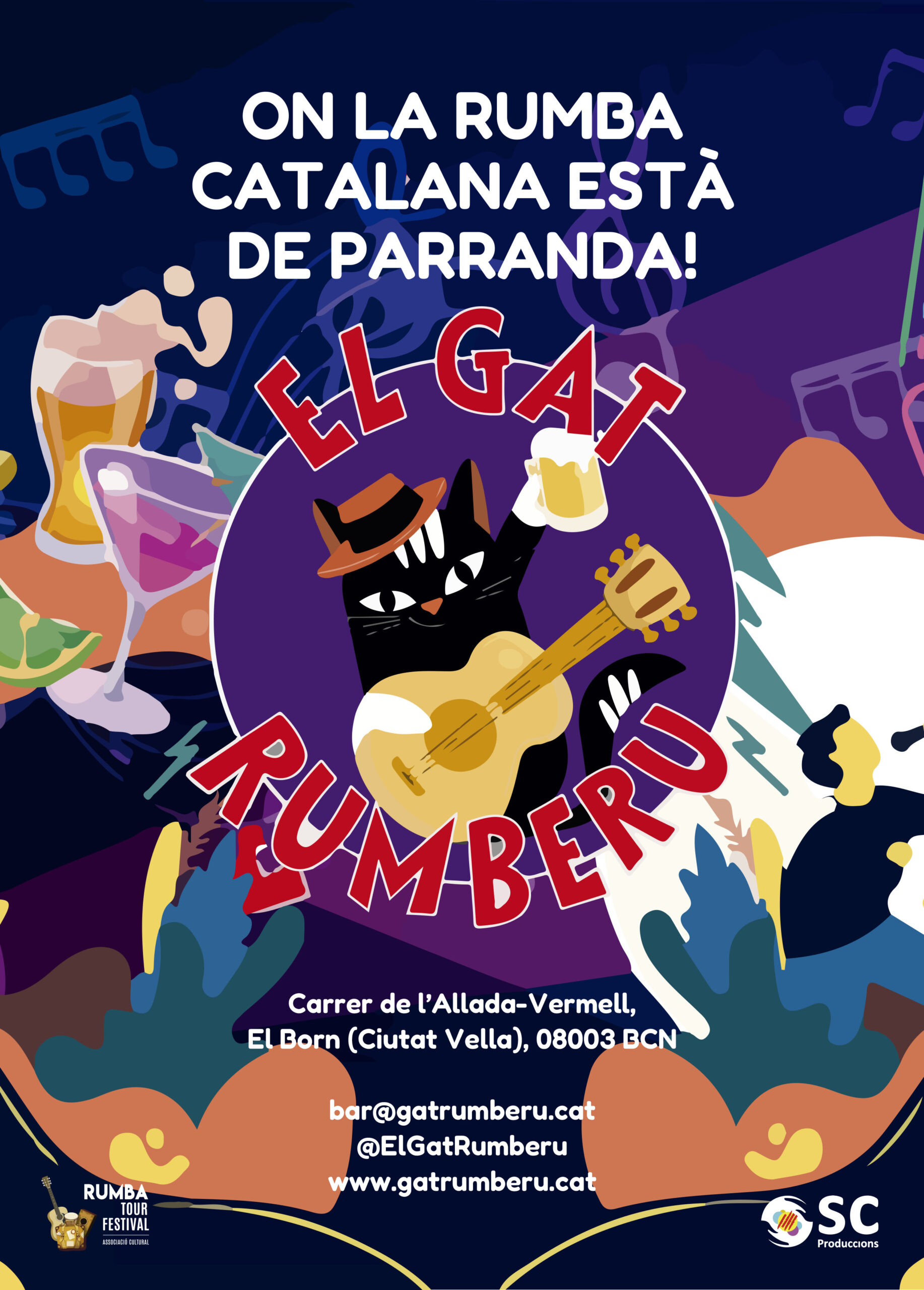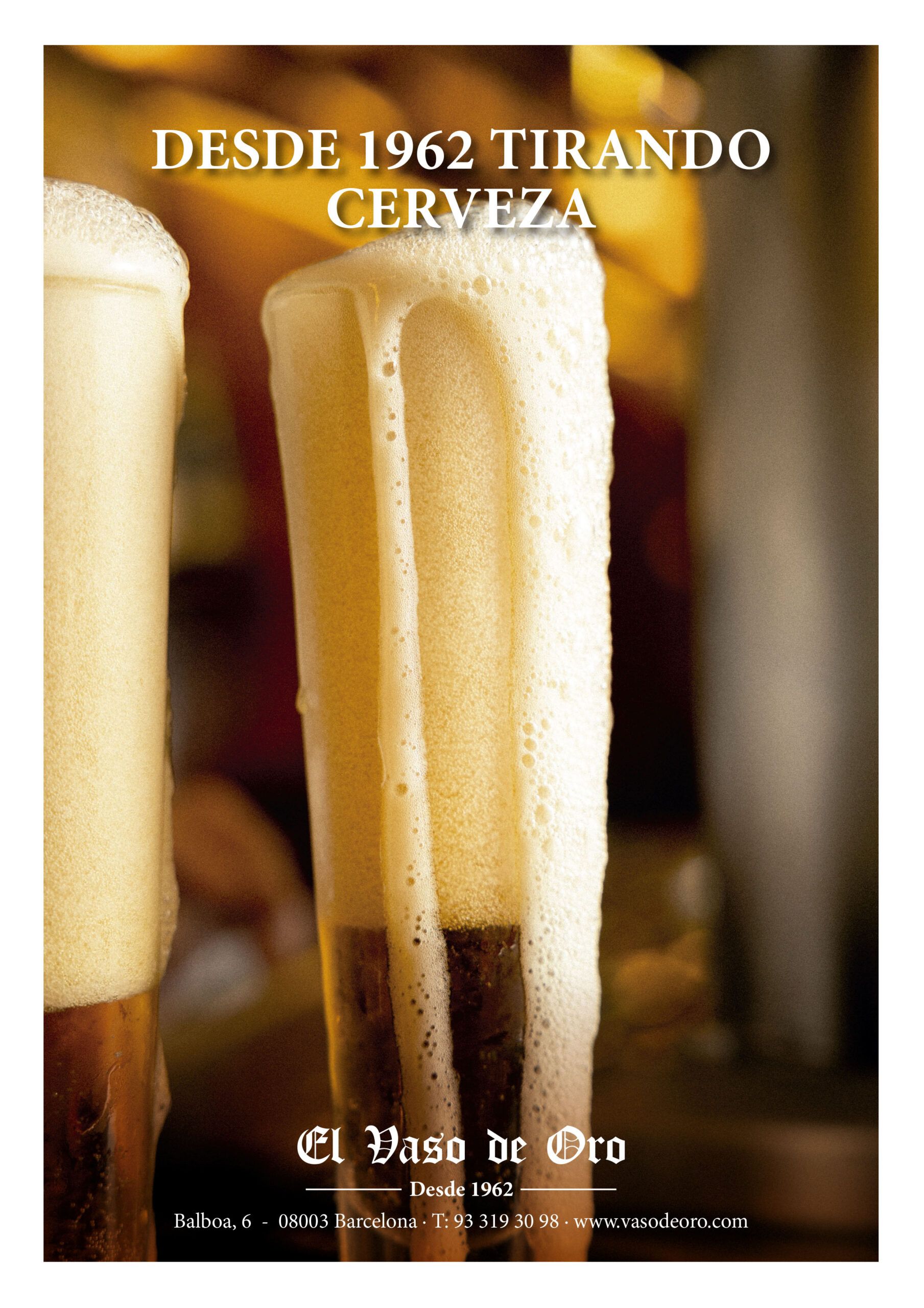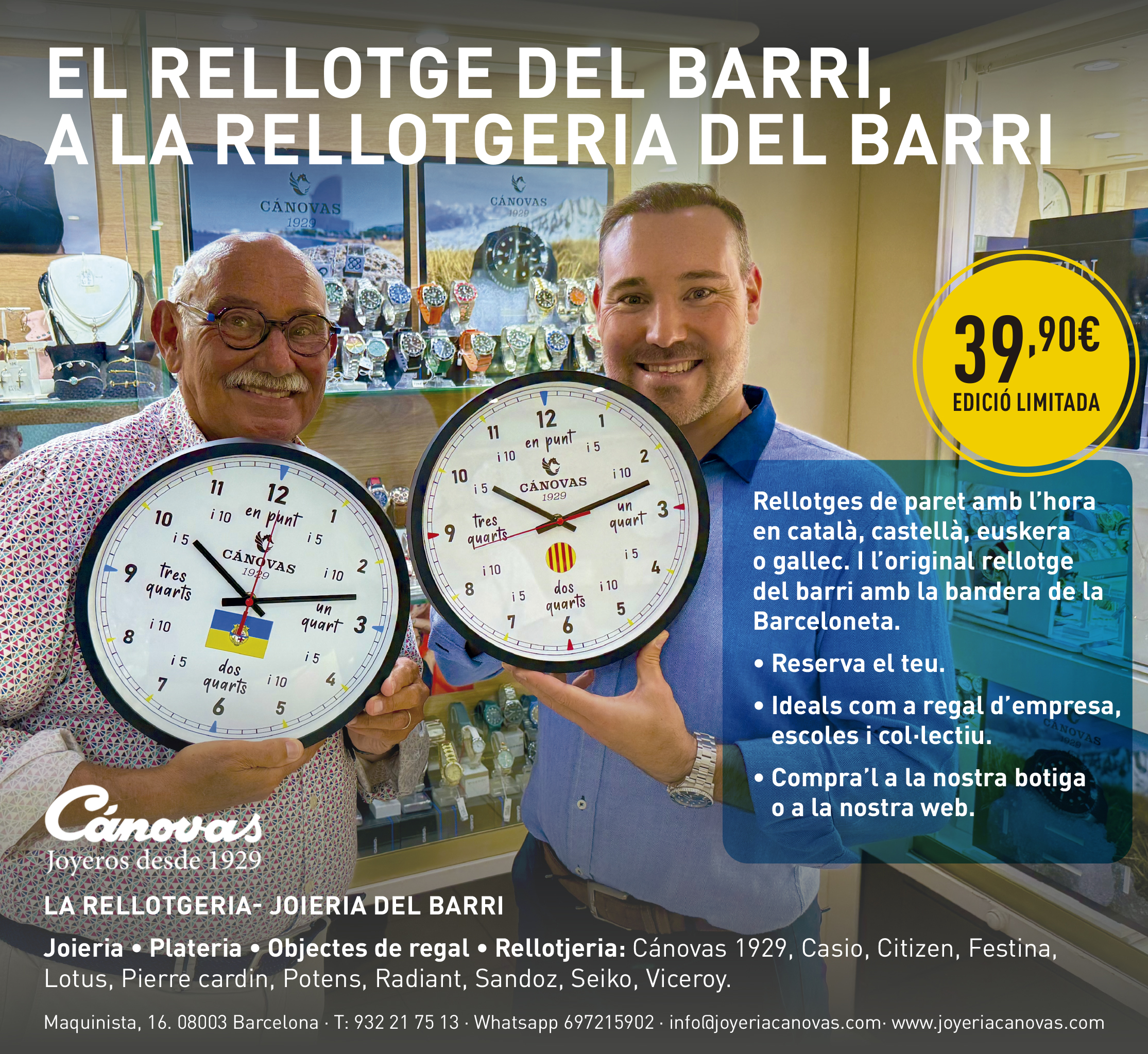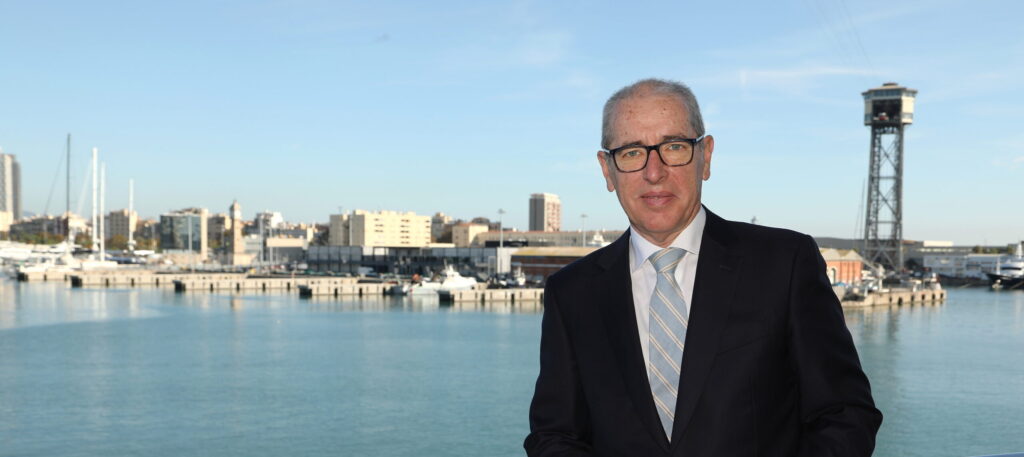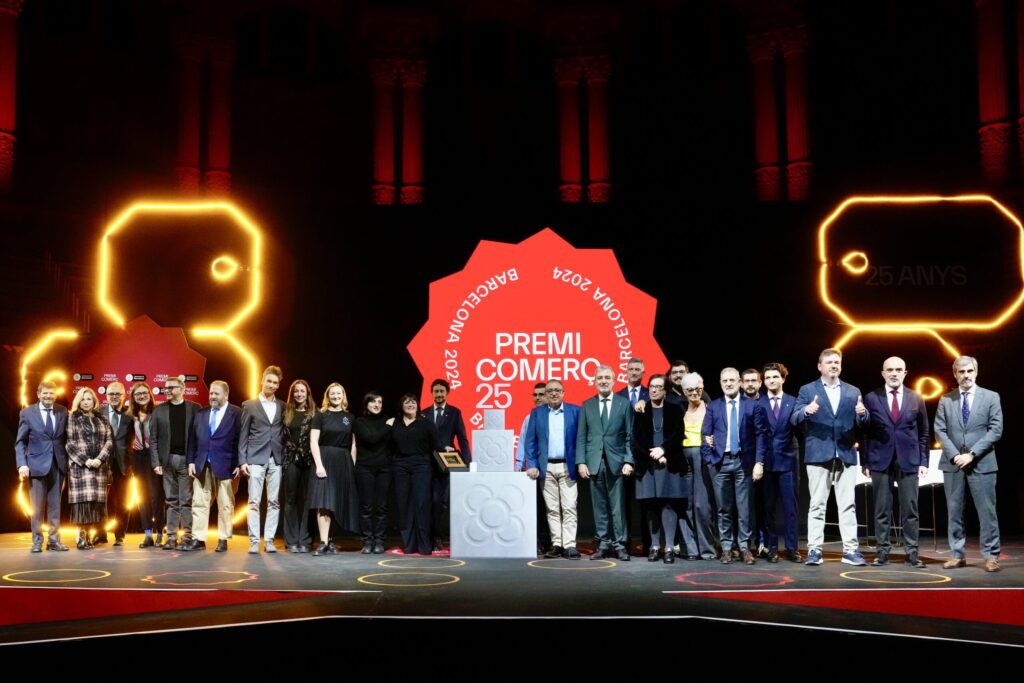The arrival of television platforms has filled our homes with mind-blowing series and films more varied than a politician’s excuses. A fabulous convenience that we all love and makes us lock the door and throw a hole in the sofa.
It wasn’t always like this. There was a time when on Sunday afternoons the only music on the radio was Carrusel Deportivo blasting metal whistles with the goals on distant football pitches and you could cut the boredom with a knife and spread it on a slice of Bimbo bread. To walk down the street to one of the two cinemas in the neighbourhood was to walk through the door into a surprising world of skai seats and the smell of ozonopin-scented disinfectant.
There were double programs and continuous screenings of re-release films, most of them cheap Spanish, Italian or Hollywood productions where the superheroes wore pyjamas, like the skiffy The Supermen 3.
At the cinema, people went to watch the films, to snack on a sandwich and to get fat. People applauded when the bonus reinforcements arrived at the last minute or insulted the bad guy, who always had a pockmarked face. If the film was bad, salt and pepper was added to make it look good. In Bolt, Agent Thunder, the detective would look very seriously at the girl in the film and ask her: ‘What am I to you?’ and someone from the audience would reply: ‘A piece of shit. Interactive cinema was invented in Barceloneta.
The stars of that time were Bud Spencer and Terence Hill, who we all thought were Americans, but Bud Spencer was from Naples, he called himself Carlo Pedersoli and as well as being an actor he was also a singer, while Terence Hill called himself Mario Girotti and was as Venetian as the gondolas.
But they were the kings of the trompe l’oeil, and on those Sunday afternoons when the house was jammed, they made it happen in one fell swoop. Another actor with an American name, Paul Naschy, actually called Jacinto Molina, was from Madrid. When they showed a film at the Barcino where he played a werewolf with a hairy face, it scared me so much that I asked my brother to get back home halfway through the session. The cinema was a very instructive place where you saw history pass under your nose. After Franco’s death, the first to fall after the dictatorship were the bras and stockings of the actresses. At the cinema we children watched with euphoria those knots of Losbingueros or Lobo feroz or a not very literary version of the Decameron. In Spain, children didn’t know what democracy was, but they soon learned what a pair of breasts were.
Perhaps the great hero of those years of continuous-session cinema was Bruce Lee, who, as nobody knew English, we pronounced his name as if he were a great reader. He made fancy jumps that reached up to the ceiling of Marina, which was very high, and handed out punches as if they were sweets to the Three Wise Men. He would take on forty, fifty, two hundred alone and send them all to sleep. Oriental Fury or Karate to the Death in Bangkok… such was the frenzy that his films provoked that at half-time all of us kids would start kicking like black belts in kungfu, but the only one who got really black was the usher with so much commotion.
One afternoon we saw the premiere of a Bruce Lee film, Operation Dragon, advertised on Teleprograma, at the Regio Palace, a very modern cinema that used to be called ‘vistarama’, located in a remote place: Avinguda del Paral-lel. My grandfather took my brother and me to my first visit to a premiere cinema. As always when you left the neighbourhood and set foot in Barcelona, you felt like an Indian trying to conquer Fort Apache. And so it was. The ticket-taker wouldn’t sell us the tickets because I wasn’t old enough to see the film. I could have told him that at the Barcino and the Marina I had seen everything and in quantity, but we walked away looking back at the beautiful ‘poster’ of the film with Bruce Lee holding these nunchucks with which he did filigree tricks. Over the years I read a biography of Bruce Lee in which it was explained that as a young man he had been a tap dance teacher, and I understood that we were hypnotised by his way of fighting because he was actually a dancer.
In these modest cinemas several generations of sons and daughters of Barceloneta will get drunk, laugh, cry, tremble with fear and even take their first tumbles in the dark. If you go shopping at the Lidl supermarket on Carrer Maquinista, where the Barcino cinema used to be, don’t be surprised if you put your ear to the wall and feel Maciste the strongman talking or hear the trumpet of the 7th Cavalry.



